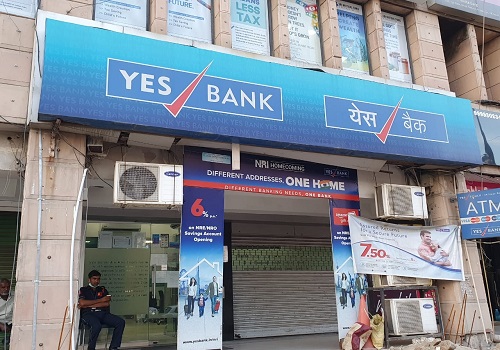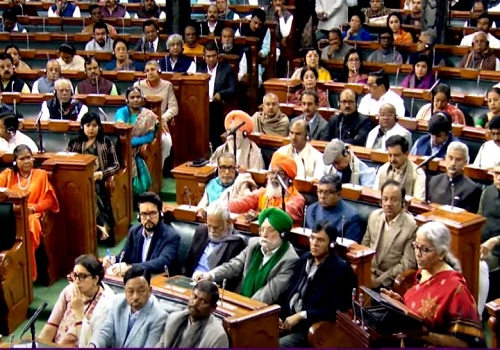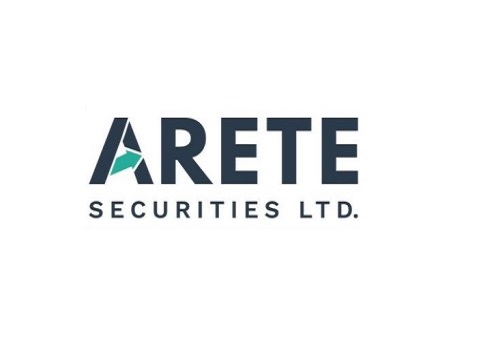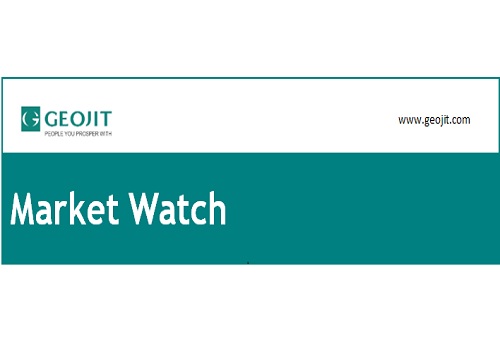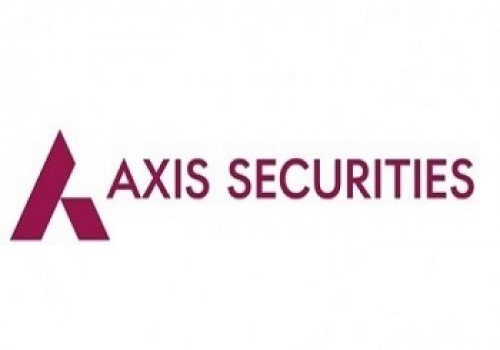Key gauges end in red for 3rd straight day
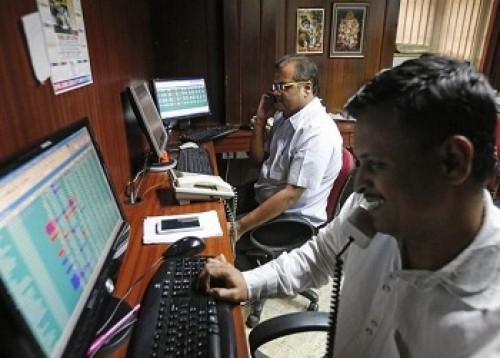
Follow us Now on Telegram ! Get daily 10 - 12 important updates on Business, Finance and Investment. Join our Telegram Channel
Indian equity benchmarks languished in the red throughout the day and ended around a percent lower on Thursday as weak global cues and nervousness ahead of the Reserve Bank of India's monetary policy outcome tomorrow kept investors on the sidelines. Traders remained cautious with a private report stated that the yield on the 10-year government bond inched up to nearly 7 per cent ahead of the Reserve Bank of India’s (RBI) monetary policy review scheduled for Friday on fears that the central bank may raise the inflation forecast. Some concern also came with another private report stating that India’s central bank will likely raise its inflation outlook this week to reflect costlier oil, but leave borrowing costs steady and tap other policy tools it’s used before to support an economy facing new risks to recovery. Adding to the pessimism, Union Road Transport and Highways Secretary Giridhar Aramane said that India's national highway construction slowed to 28.64 km a day in 2021-22 due to COVID-19 pandemic related disruptions and a longer-than-usual monsoon in some parts of the country.
Domestic equities fell sharply in late afternoon deals, despite a working paper by the International Monetary Fund (IMF) stating that extreme poverty in India was as low as 0.8% in 2019 and the country managed to keep it at that level in 2020 despite the unprecedented Covid-19 outbreak, by resorting to food transfers through the Pradhan Mantri Garib Kalyan Yojana (PMGKY). Traders overlooked the government data showed exports of agricultural products from India crossed the $50 billion mark for the first time during the financial year 2021-22 on the back of healthy growth in the exports of sugar, rice, wheat and other cereals.
On the global front, Asian markets ended mostly lower on Thursday after minutes from the Fed's March meeting revealed discussions on reducing the size of the central bank's balance sheet over time in a predictable manner. Participants generally agreed reducing the balance sheet from May, along with a 50 bps rate hike. The monthly roll-off would consist of $95 billion worth of Treasuries and mortgage bonds. European markets were trading mostly in green even as a cautious undertone prevailed following hawkish Federal Reserve minutes and Washington's new sanctions against Russia.
Back home, stocks related to healthcare industry were in focused, as credit rating agency, India Ratings and Research (Ind-Ra) in its latest report has maintained a neutral outlook for the corporate healthcare for FY23 and the same neutral outlook has been kept for the hospital sub-sector, on the account of robust demand drivers, a strong improvement in profitability, and calibrated capacity enhancement capex which together support a comfortable liquidity position and aid in sustaining the credit profile improvement. Shares of power distribution companies were in demand amid reports of rising electricity consumption in the country. An early onset of summer coupled with rising demand from businesses with Covid-led restrictions being withdrawn across the board also raised the demand for power.
Finally, the BSE Sensex fell 575.46 points or 0.97% to 59,034.95 and the CNX Nifty was down by 168.10 points or 0.94% to 17,639.55.
The BSE Sensex touched high and low of 59,504.92 and 58,977.35, respectively. There were 12 stocks advancing against 18 stocks declining on the index.
The broader indices ended in red; the BSE Mid cap index fell 0.42%, while Small cap index was down by 0.75%.
The top gaining sectoral indices on the BSE were Healthcare up by 0.44%, Bankex up by 0.06%, Realty up by 0.03% and FMCG up by 0.02%, while Oil & Gas down by 2.59%, Energy down by 2.28%, Consumer Durables down by 1.98%, Utilities down by 1.54% and Power down by 1.47% were the top losing indices on BSE.
The top gainers on the Sensex were Axis Bank up by 2.38%, ICICI Bank up by 1.12%, Hindustan Unilever up by 1.09%, Dr. Reddy's Lab up by 1.03% and Mahindra & Mahindra up by 0.82%. On the flip side, Titan Company down by 3.24%, HDFC down by 2.91%, HDFC Bank down by 2.19%, Wipro down by 2.13% and TCS down by 1.90% were the top losers.
Meanwhile, the International Monetary Fund’s (IMF) working paper titled ‘Pandemic, Poverty, and Inequality: Evidence from India’ stated that Pradhan Mantri Garib Kalyan Yojana (PMGKAY), which provides free foodgrains to poor people, played a key role in keeping extreme poverty in India at the lowest level of 0.8 per cent during the pandemic-hit 2020. The working paper presents estimates of poverty and consumption inequality in India for each of the years 2004-5 through the pandemic year 2020-21. It said ‘Extreme poverty was as low as 0.8 per cent in the pre-pandemic year 2019, and food transfers were instrumental in ensuring that it remained at that low level in the pandemic year 2020’. Under PMGKAY, which was launched in March 2020, the central government provides 5 kilograms of foodgrains per month for free. The additional free grain is over and above the normal quota provided under the National Food Security Act (NFSA) at a highly subsidised rate of Rs 2-3 per kilogram. PMGKAY has been extended till September 2022.
The working paper, prepared by Surjit S Bhalla, Karan Bhasin and Arvind Virmani, said that in the pandemic year 2020-21, extreme poverty was at its lowest level ever at 0.8 per cent of the population. Further, as early as 2016-17, extreme poverty had reached a low 2 per cent level. According to the more appropriate but 68 per cent higher Low Middle Income (LMI) poverty line of PPP (purchasing power parity) USD 3.2 a day, poverty in India registered 14.8 per cent in the pre-pandemic year 2019-20. This achievement is put in perspective by noting that in 2011-12, the official poverty level for the lower PPP USD 1.9 line was 12.2 per cent.
The working paper also said that for the first time in several decades, extreme poverty - those falling below the USD 1.9 per person per day in terms of purchasing power parity - in the world increased in the pandemic year 2020. As per the working paper, the pandemic support measures instituted by the government were critical in preventing any increase in the prevalence of extreme poverty and that food subsidies have reduced poverty on a consistent basis since the enactment of the FSA in 2013 and the co-incidental increase in the efficiency of targeting via Aadhaar. Further, it said the effect of the subsidy adjustments on poverty is striking.
The CNX Nifty traded in a range of 17,787.50 and 17,623.70. There were 22 stocks advancing against 28 stocks declining on the index.
The top gainers on Nifty were Axis Bank up by 2.35%, Divi's Lab up by 1.67%, Hindustan Unilever up by 1.30%, ICICI Bank up by 0.98% and Dr. Reddy's Lab up by 0.81%. On the flip side, Adani Ports &Special down by 3.46%, Titan Company down by 3.27%, HDFC down by 2.76%, ONGC down by 2.20% and TCS down by 1.93% were the top losers.
European markets were trading mostly in green; France’s CAC increased 46.63 points or 0.72% to 6,545.46 and Germany’s DAX increased 74.23 points or 0.52% to 14,225.92, while UK’s FTSE 100 decreased 0.37 points or 0% to 7,587.33.
Asian markets ended mostly lower on Thursday, tracking weakness in US stocks overnight following surge in bond yields with expectations that the US central bank will hike interest rates by a hefty 50 basis points at its meetings in May and June. Meanwhile, a slew of US central bank officials, including St. Louis Fed President James Bullard, Atlanta Fed President Raphael Bostic and Chicago Fed President Charles Evans are scheduled to speak at separate events later in the day. Moreover, worries over the war in Ukraine also adding pressure on market sentiments. Chinese shares declined as the country’s worst coronavirus outbreak clouded the economic growth outlook, despite pledges by Chinese authorities to roll out more policy support.
Above views are of the author and not of the website kindly read disclaimer

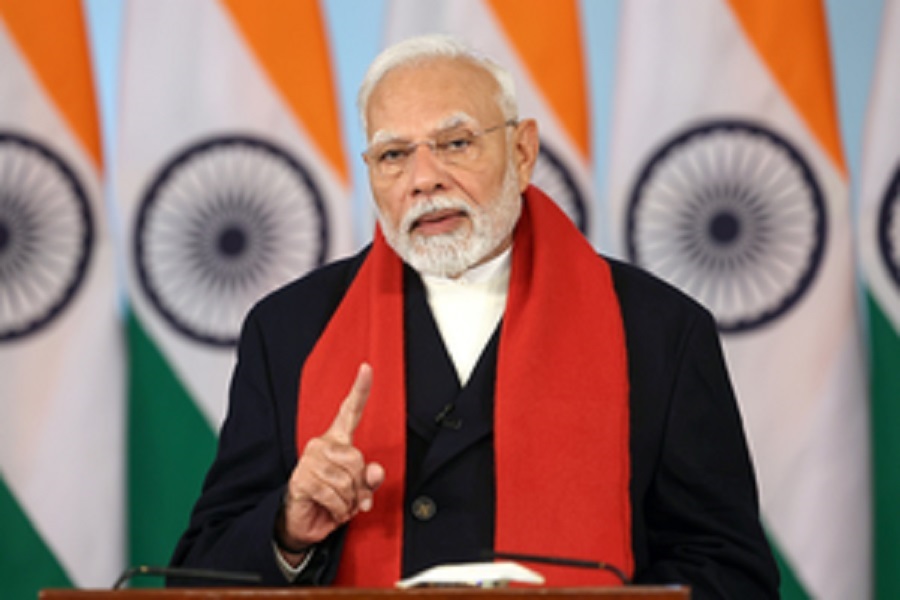

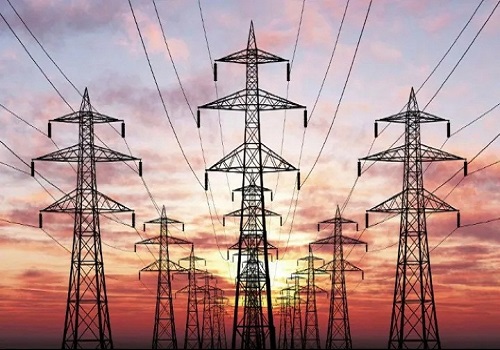


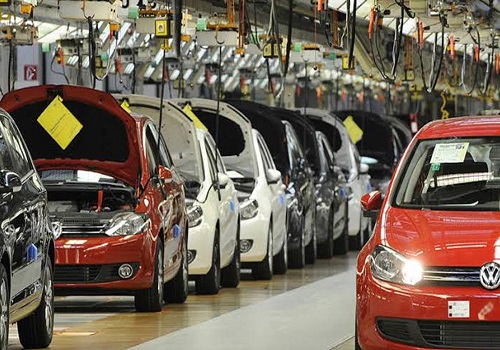

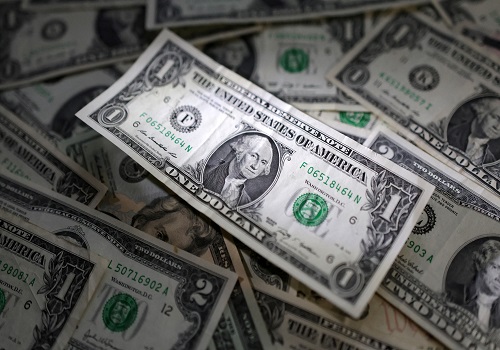
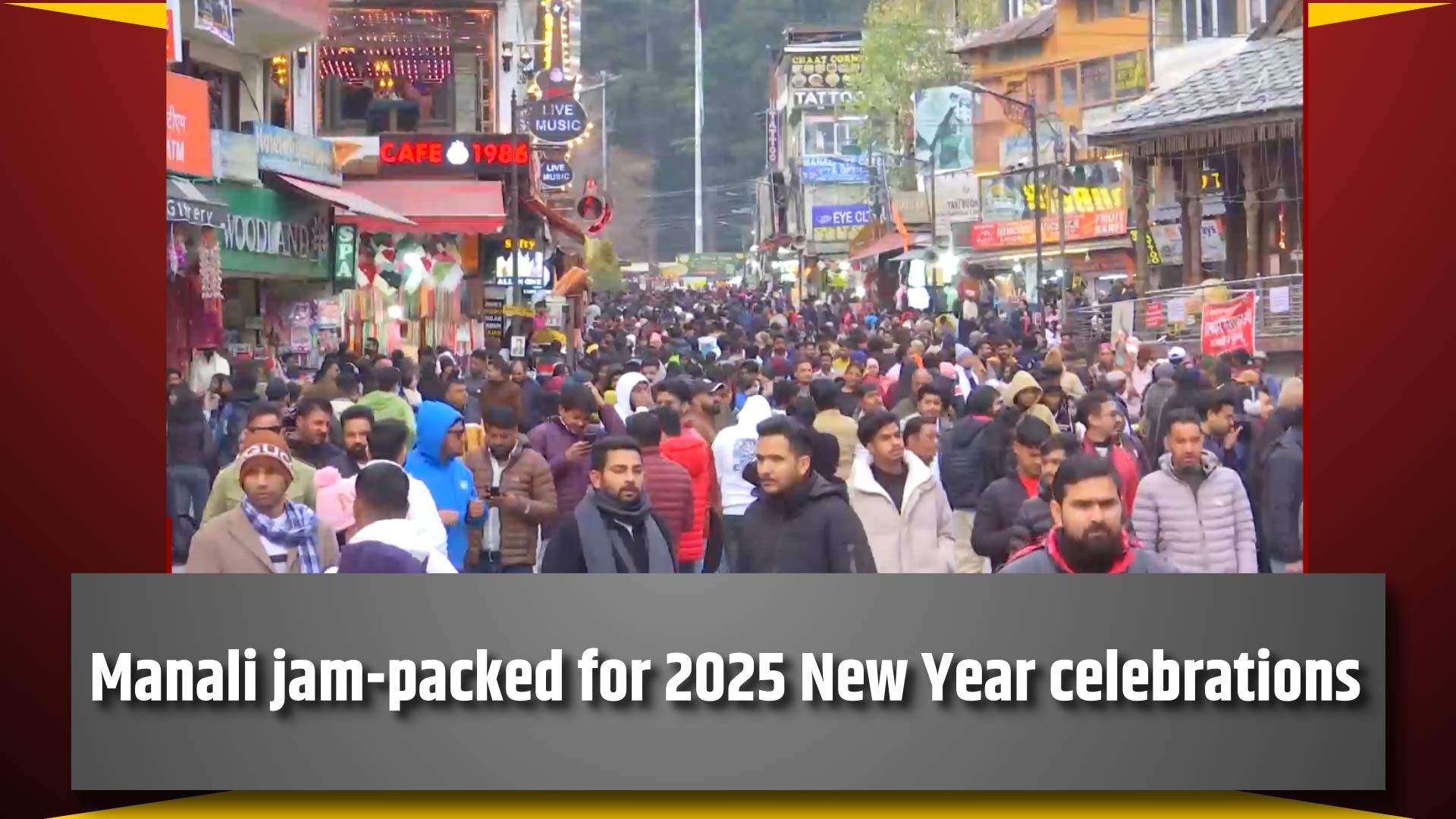
Tag News

Weekly Market Analysis : Markets strengthened recovery and gained nearly 2% in the passing w...








